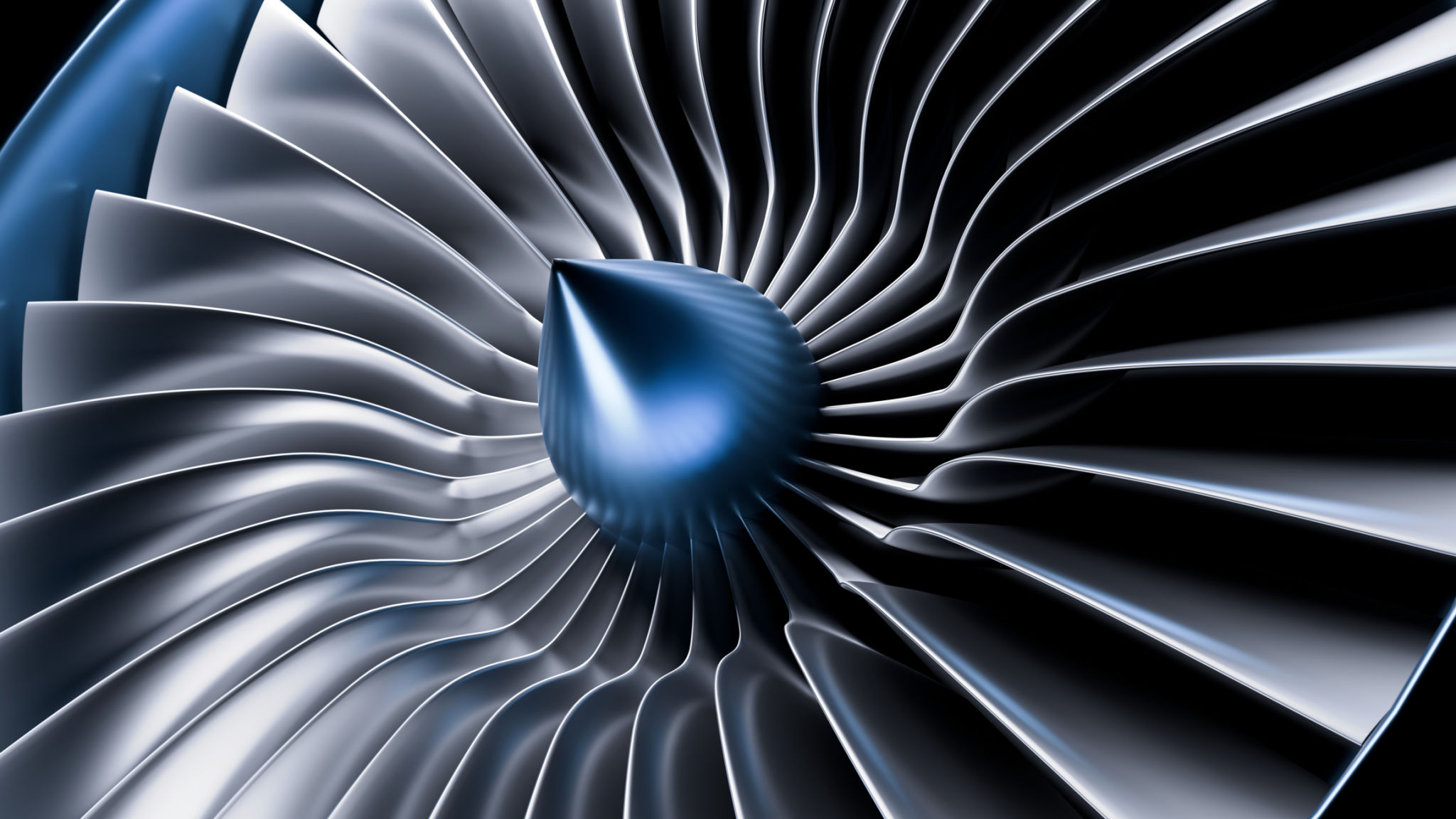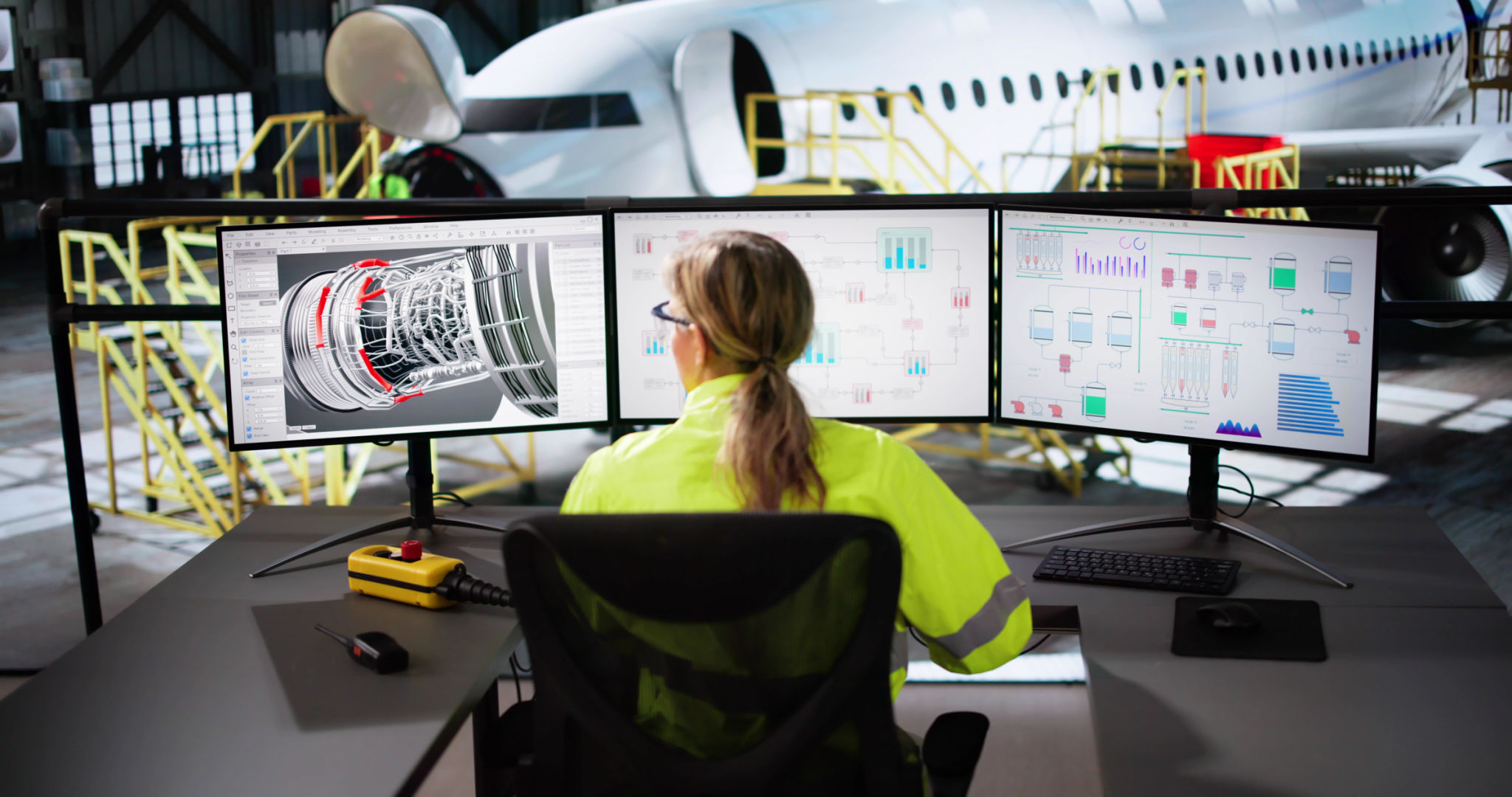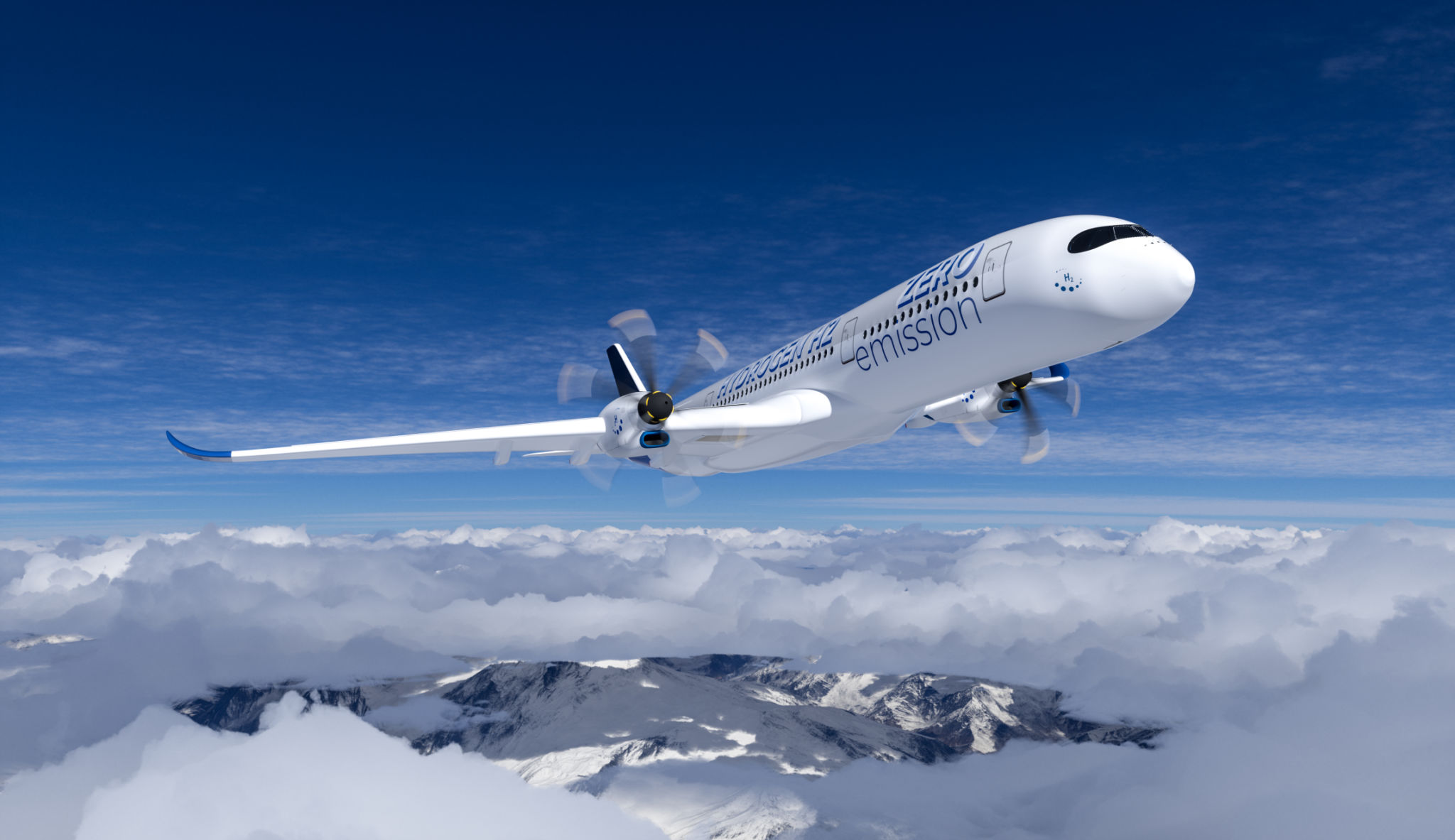A Comprehensive Guide to Aviation Technology Innovations
Introduction to Aviation Technology Innovations
The aviation industry has always been at the forefront of technological advancements. Over the years, it has seen groundbreaking innovations that have reshaped how we travel and interact with the world. From the era of the Wright brothers to modern-day artificial intelligence, each leap in technology has brought us closer to safer, more efficient, and more sustainable air travel.

Revolutionizing Flight Efficiency
Advanced Aerodynamics
One of the critical areas of innovation in aviation technology is the development of advanced aerodynamics. By designing aircraft with more streamlined shapes, engineers have significantly reduced drag, leading to increased fuel efficiency and reduced emissions. This not only helps airlines cut costs but also contributes to environmental sustainability.
Engine Technologies
Another major focus has been on engine technology. Modern jet engines are more powerful and efficient than ever before. With advancements like geared turbofan engines, aircraft can achieve higher thrust with lower fuel consumption. This innovation plays a crucial role in decreasing the carbon footprint of air travel.

Enhancing Safety with Cutting-Edge Systems
Avionics and Automation
Aviation safety has been greatly enhanced by sophisticated avionics systems. Modern aircraft are equipped with advanced computer systems that assist pilots in navigation and flight control. Automation technology, such as autopilot and collision avoidance systems, ensures a safer flying experience by minimizing human error.
Real-Time Data and Predictive Maintenance
The integration of real-time data analytics and predictive maintenance technologies has transformed aircraft maintenance procedures. Sensors embedded in critical components continuously transmit data, allowing technicians to predict potential failures before they occur. This proactive approach enhances safety and reduces downtime.

Pioneering Sustainable Aviation
Alternative Fuels
The aviation industry is actively exploring sustainable alternatives to fossil fuels. Biofuels, derived from organic materials, offer a promising solution for reducing greenhouse gas emissions. Many airlines are investing in biofuel research, and some have already begun incorporating them into their fuel mix to promote greener air travel.
Electric and Hybrid Aircraft
Electric and hybrid aircraft represent the future of aviation. These innovative designs aim to reduce reliance on traditional fuels, cutting emissions significantly. Several prototypes are already in testing phases, promising a new era of quieter and more environmentally friendly flights.

The Role of Artificial Intelligence
Artificial intelligence (AI) is revolutionizing various aspects of aviation technology. AI systems are used for optimizing flight routes, predicting weather patterns, and even providing enhanced customer service experiences. By analyzing vast amounts of data, AI helps airlines make informed decisions that improve operational efficiency and passenger satisfaction.
Conclusion
The continuous evolution of aviation technology showcases humanity's relentless pursuit of innovation. As we look to the future, these advancements promise to make air travel more efficient, safer, and environmentally sustainable. The journey is far from over, with many exciting developments on the horizon that will redefine how we take to the skies.
